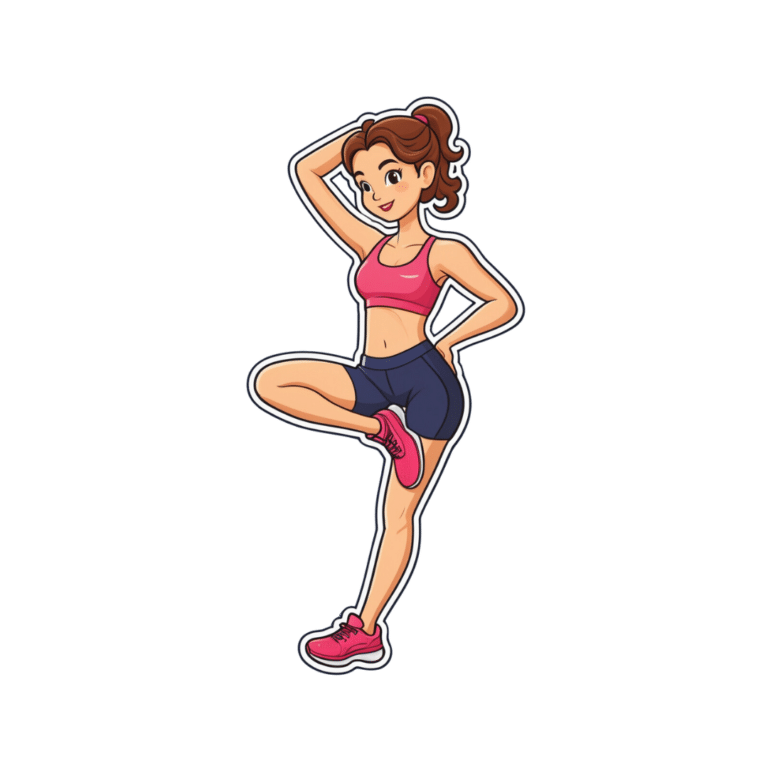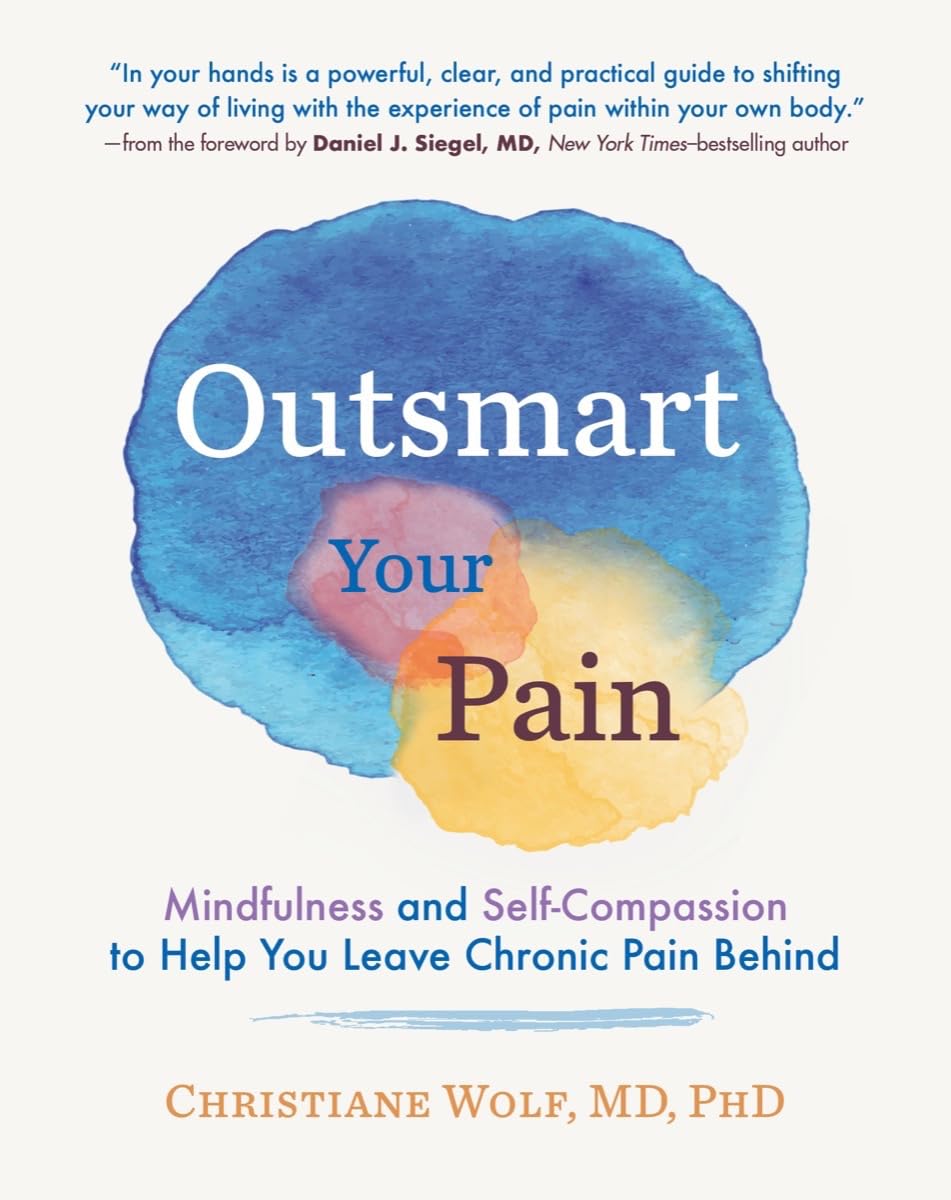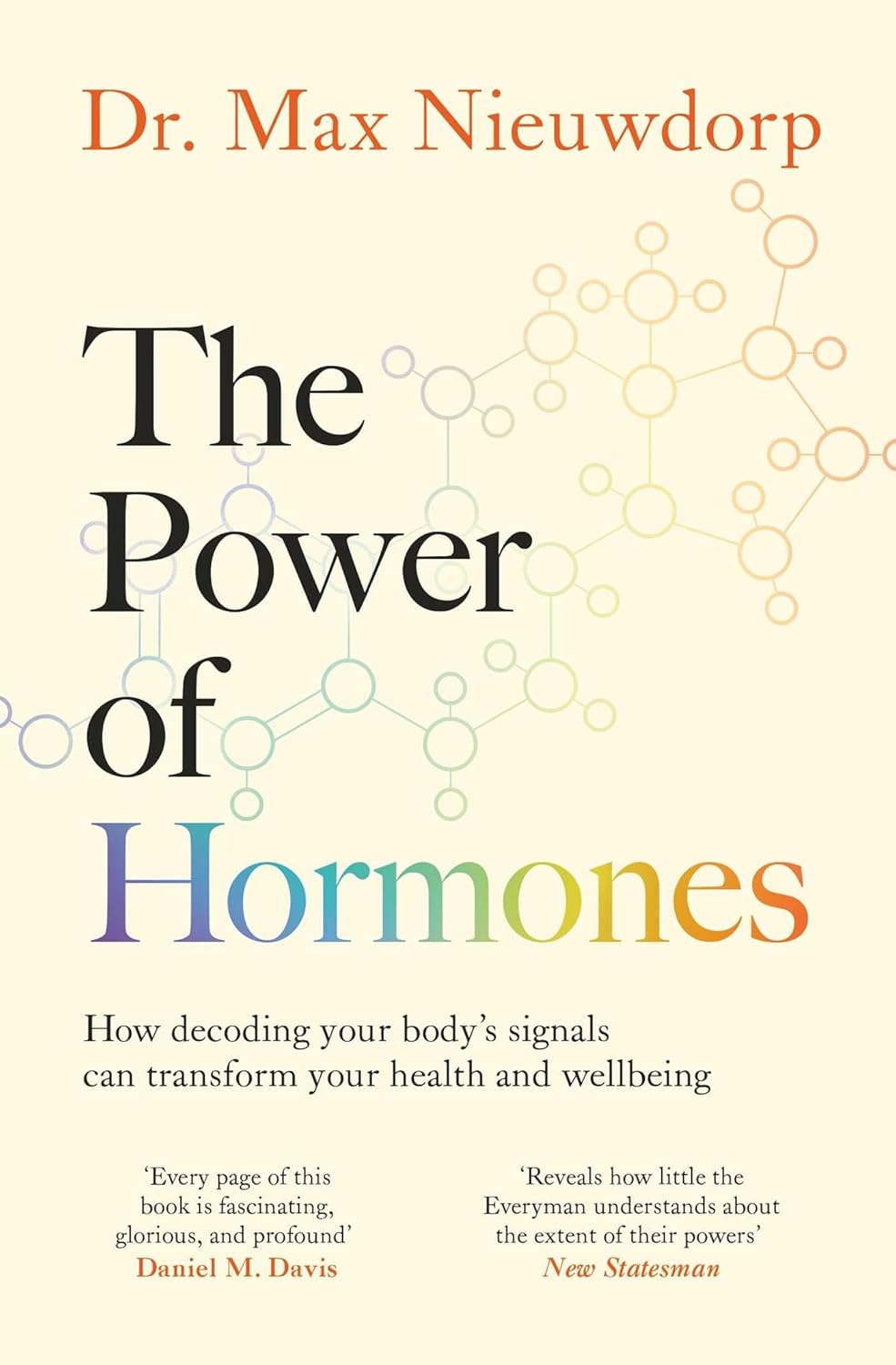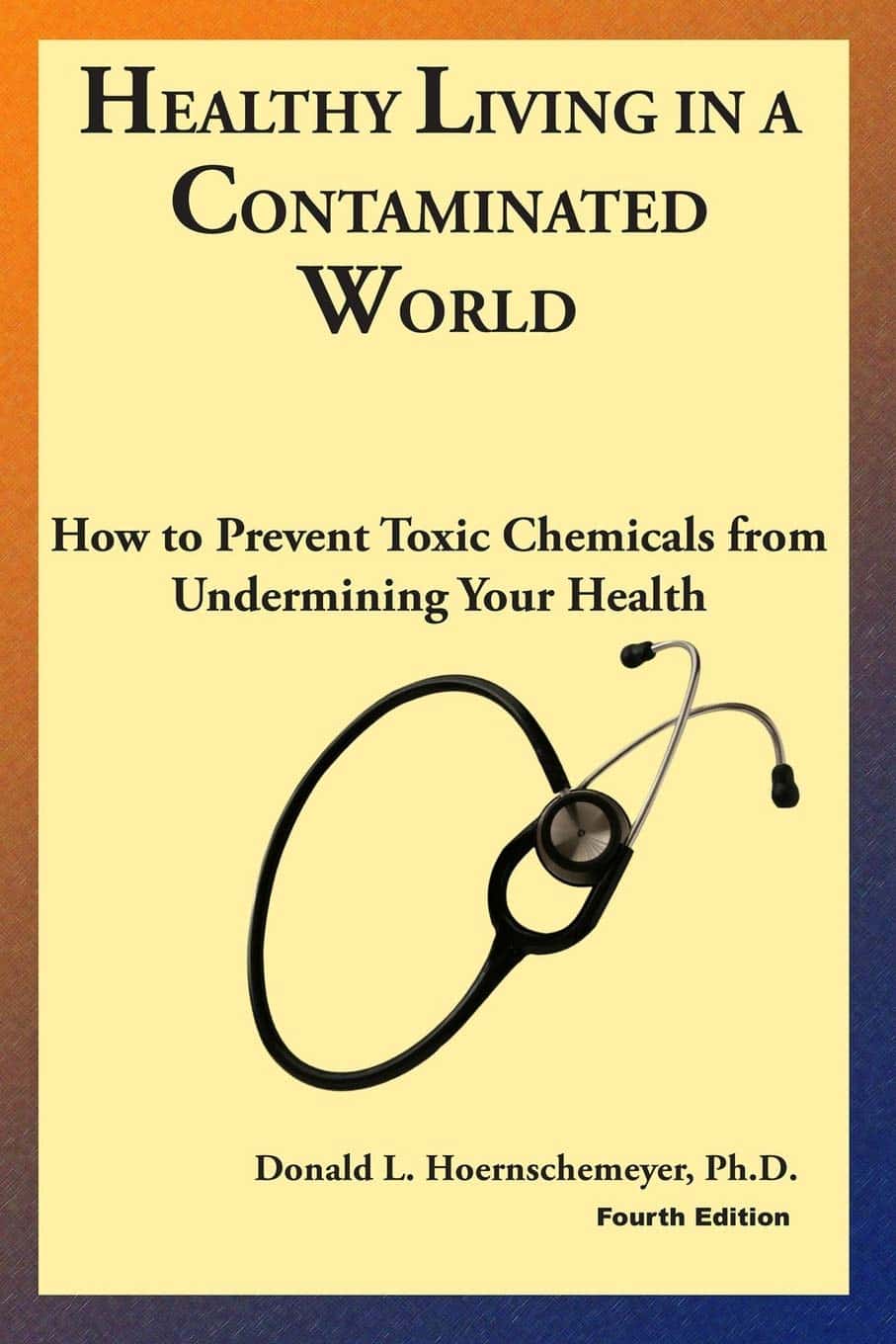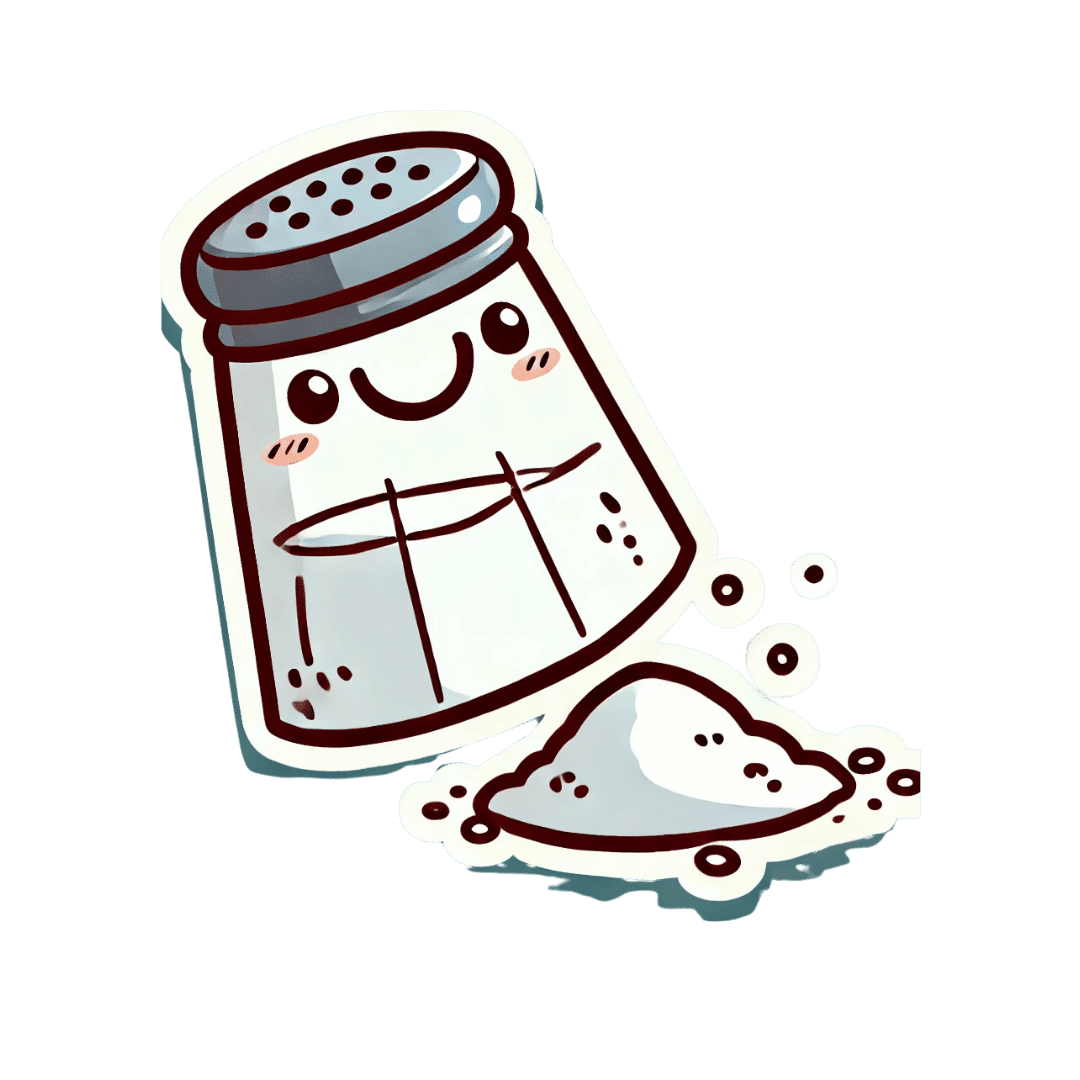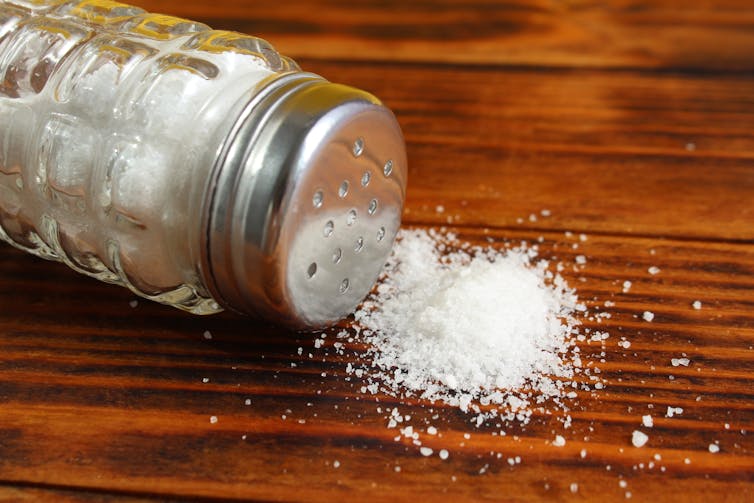
Cheeky diet soft drink getting you through the work day? Here’s what that may mean for your health
10almonds is reader-supported. We may, at no cost to you, receive a portion of sales if you purchase a product through a link in this article.
Many people are drinking less sugary soft drink than in the past. This is a great win for public health, given the recognised risks of diets high in sugar-sweetened drinks.
But over time, intake of diet soft drinks has grown. In fact, it’s so high that these products are now regularly detected in wastewater.
So what does the research say about how your health is affected in the long term if you drink them often?
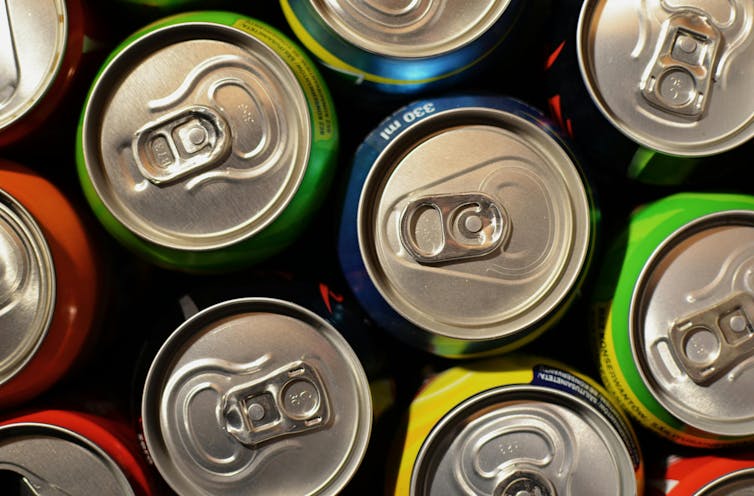
What makes diet soft drinks sweet?
The World Health Organization (WHO) advises people “reduce their daily intake of free sugars to less than 10% of their total energy intake. A further reduction to below 5% or roughly 25 grams (six teaspoons) per day would provide additional health benefits.”
But most regular soft drinks contain a lot of sugar. A regular 335 millilitre can of original Coca-Cola contains at least seven teaspoons of added sugar.
Diet soft drinks are designed to taste similar to regular soft drinks but without the sugar. Instead of sugar, diet soft drinks contain artificial or natural sweeteners. The artificial sweeteners include aspartame, saccharin and sucralose. The natural sweeteners include stevia and monk fruit extract, which come from plant sources.
Many artificial sweeteners are much sweeter than sugar so less is needed to provide the same burst of sweetness.
Diet soft drinks are marketed as healthier alternatives to regular soft drinks, particularly for people who want to reduce their sugar intake or manage their weight.
But while surveys of Australian adults and adolescents show most people understand the benefits of reducing their sugar intake, they often aren’t as aware about how diet drinks may affect health more broadly.

What does the research say about aspartame?
The artificial sweeteners in soft drinks are considered safe for consumption by food authorities, including in the US and Australia. However, some researchers have raised concern about the long-term risks of consumption.
People who drink diet soft drinks regularly and often are more likely to develop certain metabolic conditions (such as diabetes and heart disease) than those who don’t drink diet soft drinks.
The link was found even after accounting for other dietary and lifestyle factors (such as physical activity).
In 2023, the WHO announced reports had found aspartame – the main sweetener used in diet soft drinks – was “possibly carcinogenic to humans” (carcinogenic means cancer-causing).
Importantly though, the report noted there is not enough current scientific evidence to be truly confident aspartame may increase the risk of cancer and emphasised it’s safe to consume occasionally.
Will diet soft drinks help manage weight?
Despite the word “diet” in the name, diet soft drinks are not strongly linked with weight management.
In 2022, the WHO conducted a systematic review (where researchers look at all available evidence on a topic) on whether the use of artificial sweeteners is beneficial for weight management.
Overall, the randomised controlled trials they looked at suggested slightly more weight loss in people who used artificial sweeteners.
But the observational studies (where no intervention occurs and participants are monitored over time) found people who consume high amounts of artificial sweeteners tended to have an increased risk of higher body mass index and a 76% increased likelihood of having obesity.
In other words, artificial sweeteners may not directly help manage weight over the long term. This resulted in the WHO advising artificial sweeteners should not be used to manage weight.
Studies in animals have suggested consuming high levels of artificial sweeteners can signal to the brain it is being starved of fuel, which can lead to more eating. However, the evidence for this happening in humans is still unproven.

What about inflammation and dental issues?
There is some early evidence artificial sweeteners may irritate the lining of the digestive system, causing inflammation and increasing the likelihood of diarrhoea, constipation, bloating and other symptoms often associated with irritable bowel syndrome. However, this study noted more research is needed.
High amounts of diet soft drinks have also been linked with liver disease, which is based on inflammation.
The consumption of diet soft drinks is also associated with dental erosion.
Many soft drinks contain phosphoric and citric acid, which can damage your tooth enamel and contribute to dental erosion.
Moderation is key
As with many aspects of nutrition, moderation is key with diet soft drinks.
Drinking diet soft drinks occasionally is unlikely to harm your health, but frequent or excessive intake may increase health risks in the longer term.
Plain water, infused water, sparkling water, herbal teas or milks remain the best options for hydration.
Lauren Ball, Professor of Community Health and Wellbeing, The University of Queensland and Emily Burch, Accredited Practising Dietitian and Lecturer, Southern Cross University
This article is republished from The Conversation under a Creative Commons license. Read the original article.
Don’t Forget…
Did you arrive here from our newsletter? Don’t forget to return to the email to continue learning!
Recommended
Learn to Age Gracefully
Join the 98k+ American women taking control of their health & aging with our 100% free (and fun!) daily emails:
-
Outsmart Your Pain – by Dr. Christiane Wolf
10almonds is reader-supported. We may, at no cost to you, receive a portion of sales if you purchase a product through a link in this article.
Dr. Wolf is a physician turned mindfulness teacher. As such, and holding an MD as well as a PhD in psychosomatic medicine, she knows her stuff.
A lot of what she teaches is mindfulness-based stress reduction (MBSR), but this book is much more specific than that. It doesn’t promise you won’t continue to experience pain—in all likelihood you will—but it does change the relationship with pain, and this greatly lessens the suffering and misery that comes with it.
For many, the most distressing thing about pain is not the sensation itself, but how crippling it can be—getting in the way of life, preventing enjoyment of other things, and making every day a constant ongoing exhausting battle… And every night, a “how much rest am I actually going to be able to get, and in what condition will I wake up, and how will I get through tomorrow?” stress-fest.
Dr. Wolf helps the reader to navigate through all these challenges and more; minimize the stress, maximize the moments of respite, and keep pain’s interference with life to a minimum. Each chapter addresses different psychological aspects of chronic pain management, and each comes with specific mindfulness meditations to explore the new ideas learned.
The style is personal and profound, while coming from a place of deep professional understanding as well as compassion.
Bottom line: if you’ve been looking for a life-ring to help you reclaim your life, this one could be it; we wholeheartedly recommend it.
Click here to check out Outsmart Your Pain, and recover the beauty and joy of life!
Share This Post
-
Coughing/Wheezing After Dinner?
10almonds is reader-supported. We may, at no cost to you, receive a portion of sales if you purchase a product through a link in this article.
The After-Dinner Activities You Don’t Want
A quick note first: our usual medical/legal disclaimer applies here, and we are not here to diagnose you or treat you; we are not doctors, let alone your doctors. Do see yours if you have any reason to believe there may be cause for concern.
Coughing and/or wheezing after eating is more common the younger or older someone is. Lest that seem contradictory: it’s a U-shaped bell-curve.
It can happen at any age and for any of a number of reasons, but there are patterns to the distribution:
Mostly affects younger people:
Allergies, asthma
Young people are less likely to have a body that’s fully adapted to all foods yet, and asthma can be triggered by certain foods (for example sulfites, a common preservative additive):
Adverse reactions to the sulphite additives
Foods/drinks that commonly contain sulfites include soft drinks, wines and beers, and dried fruit
As for the allergies side of things, you probably know the usual list of allergens to watch out for, e.g: dairy, fish, crustaceans, eggs, soy, wheat, nuts.
However, that’s far from an exhaustive list, so it’s good to see an allergist if you suspect it may be an allergic reaction.
Affects young and old people equally:
Again, there’s a dip in the middle where this doesn’t tend to affect younger adults so much, but for young and old people:
Dysphagia (difficulty swallowing)
For children, this can be a case of not having fully got used to eating yet if very small, and when growing, can be a case of “this body is constantly changing and that makes things difficult”.
For older people, this can can come from a variety of reasons, but common culprits include neurological disorders (including stroke and/or dementia), or a change in saliva quality and quantity—a side-effect of many medications:
Hyposalivation in Elderly Patients
(particularly useful in the article above is the table of drugs that are associated with this problem, and the various ways they may affect it)
Managing this may be different depending on what is causing your dysphagia (as it could be anything from antidepressants to cancer), so this is definitely one to see your doctor about. For some pointers, though:
NHS Inform | Dysphagia (swallowing problems)
Affects older people more:
Gastroesophagal reflux disease (GERD)
This is a kind of acid reflux, but chronic, and often with a slightly different set of symptoms.
GERD has no known cure once established, but its symptoms can be managed (or avoided in the first place) by:
- Healthy eating (Mediterranean diet is, as usual, great)
- Weight loss (if and only if obese)
- Avoiding trigger foods
- Eating smaller meals
- Practicing mindful eating
- Staying upright for 3–4 hours after eating
And of course, don’t smoke, and ideally don’t drink alcohol.
You can read more about this (and the different ways it can go from there), here:
NICE | Gastro-oesophageal reflux disease
Note: this above page refers to it as “GORD”, because of the British English spelling of “oesophagus” rather than “esophagus”. It’s the exact same organ and condition, just a different spelling.
Take care!
Share This Post
-
The Power of Hormones – by Dr. Max Nieuwdorp
10almonds is reader-supported. We may, at no cost to you, receive a portion of sales if you purchase a product through a link in this article.
First a quick note on the author: he’s an MD & PhD, internist, endocrinologist, and professor. He knows his stuff.
There are a lot of books with “the new science of” in the title, and they don’t often pertain to science that is actually new, and in this case, for the most part the science contained within this book is quite well-established.
A strength of this book is that it’s not talking about hormones in just one specific aspect (e.g. menopause, pregnancy, etc) but rather, in the full span of human health, across the spectra of ages and sexes—and yes, also covering hormones that are not sex hormones, so for example also demystifying the different happiness-related neurotransmitters, as well as the hormones responsible for hunger and satiety, weight loss and gain, sleep and wakefulness, etc.
Which is all very good, because there’s a lot of overlap and several hormones fall into several categories there.
Moreover, the book covers how your personal cocktail of hormones impacts how you look, feel, behave, and more—there’s a lot about chronic health issues here too, and how to use the information in this book to if not outright cure, then at least ameliorate, many conditions.
Bottom line: this is an information-dense book with a lot of details great and small; if you read this, you’ll come away with a much better understanding of hormones than you had previously!
Click here to check out The Power of Hormones, and harness that power for yourself!
Share This Post
Related Posts
-
Healthy Living in a Contaminated World – by Dr. Donald Hoernschemeyer
10almonds is reader-supported. We may, at no cost to you, receive a portion of sales if you purchase a product through a link in this article.
There’s a lot going on here, as this book tackles very many kinds of common contaminants, from waste products and industrial chemicals (such as from fracking), pesticides that are banned in most places but not the US, smog and soot from coal and oil power, mercury and other heavy metals, dioxins, Teflon and its close relatives, phthalates, BPA, and other things again regulated out of use in many countries but not entirely in the US (which bans them only in some things, like baby bottles), drinking water issues of various kinds, and much more.
Indeed, there’s a whole chapter on the US and international regulation of toxic substances; the problem is often that on a political level, the same people who are against nebulous “chemicals” are also against environmentalist regulations that would ban them. This is mostly not a political book though, and rather is chiefly a book of chemistry (the author’s field).
It does also cover the medical maladies associated with various contaminants, while the bulk of the data is on the chemistry side of such things as “elimination times for toxic chemicals”, “amounts of pesticides in fruit and vegetables”, “antibiotics and hormones used in animal agriculture”, and so forth.
The style is dense, and/but it is clear the author has made an effort to not be too dry. Still, this is not a fun read; it’s depressing in content and the style is more suited to academia. There are appendices containing glossaries and acronym tables, but reading front-to-back, there’s a lot that’s not explained so unless you also are a PhD chemist, chances are you’ll be needing to leaf forwards and backwards a lot.
Bottom line: this book is not thrilling, but what you don’t know, can kill you.
Click here to check out Healthy Living In A Contaminated World, and improve your odds!
Don’t Forget…
Did you arrive here from our newsletter? Don’t forget to return to the email to continue learning!
Learn to Age Gracefully
Join the 98k+ American women taking control of their health & aging with our 100% free (and fun!) daily emails:
-
Black Tea or Green Tea – Which is Healthier?
10almonds is reader-supported. We may, at no cost to you, receive a portion of sales if you purchase a product through a link in this article.
Our Verdict
When comparing black tea to green tea, we picked the black tea.
Why?
It was close! Ultimately we picked the black tea as the “best all-rounder”.
Both teas are great for the health, insofar as tea in general is a) a very good way to hydrate (better absorption than plain water) and b) an excellent source of beneficial phytochemicals—mostly antioxidants of various kinds, but there’s a lot in there.
We did a run-down previously of the relative benefits of each of four kinds of tea (black, white, green, red):
Which Tea Is Best, By Science?
Which concluded in its final summary:
Black, white, green, and red teas all have their benefits, and ultimately the best one for you will probably be the one you enjoy drinking, and thus drink more of.
If trying to choose though, we offer the following summary:
- Black tea: best for total beneficial phytochemicals
- White tea:best for your oral health
- Green tea: best for your brain
- ❤️ Red tea: best if you want naturally caffeine-free
Enjoy!
Don’t Forget…
Did you arrive here from our newsletter? Don’t forget to return to the email to continue learning!
Learn to Age Gracefully
Join the 98k+ American women taking control of their health & aging with our 100% free (and fun!) daily emails:
-
Why the WHO has recommended switching to a healthier salt alternative
10almonds is reader-supported. We may, at no cost to you, receive a portion of sales if you purchase a product through a link in this article.
This week the World Health Organization (WHO) released new guidelines recommending people switch the regular salt they use at home for substitutes containing less sodium.
But what exactly are these salt alternatives? And why is the WHO recommending this? Let’s take a look.
goodbishop/Shutterstock A new solution to an old problem
Advice to eat less salt (sodium chloride) is not new. It has been part of international and Australian guidelines for decades. This is because evidence clearly shows the sodium in salt can harm our health when we eat too much of it.
Excess sodium increases the risk of high blood pressure, which affects millions of Australians (around one in three adults). High blood pressure (hypertension) in turn increases the risk of heart disease, stroke and kidney disease, among other conditions.
The WHO estimates 1.9 million deaths globally each year can be attributed to eating too much salt.
The WHO recommends consuming no more than 2g of sodium daily. However people eat on average more than double this, around 4.3g a day.
In 2013, WHO member states committed to reducing population sodium intake by 30% by 2025. But cutting salt intake has proved very hard. Most countries, including Australia, will not meet the WHO’s goal for reducing sodium intake by 2025. The WHO has since set the same target for 2030.
The difficulty is that eating less salt means accepting a less salty taste. It also requires changes to established ways of preparing food. This has proved too much to ask of people making food at home, and too much for the food industry.
There’s been little progress on efforts to cut sodium intake. snezhana k/Shutterstock Enter potassium-enriched salt
The main lower-sodium salt substitute is called potassium-enriched salt. This is salt where some of the sodium chloride has been replaced with potassium chloride.
Potassium is an essential mineral, playing a key role in all the body’s functions. The high potassium content of fresh fruit and vegetables is one of the main reasons they’re so good for you. While people are eating more sodium than they should, many don’t get enough potassium.
The WHO recommends a daily potassium intake of 3.5g, but on the whole, people in most countries consume significantly less than this.
Potassium-enriched salt benefits our health by cutting the amount of sodium we consume, and increasing the amount of potassium in our diets. Both help to lower blood pressure.
Switching regular salt for potassium-enriched salt has been shown to reduce the risk of heart disease, stroke and premature death in large trials around the world.
Modelling studies have projected that population-wide switches to potassium-enriched salt use would prevent hundreds of thousands of deaths from cardiovascular disease (such as heart attack and stroke) each year in China and India alone.
The key advantage of switching rather than cutting salt intake is that potassium-enriched salt can be used as a direct one-for-one swap for regular salt. It looks the same, works for seasoning and in recipes, and most people don’t notice any important difference in taste.
In the largest trial of potassium-enriched salt to date, more than 90% of people were still using the product after five years.
Excess sodium intake increases the risk of high blood pressure, which can cause a range of health problems. PeopleImages.com – Yuri A/Shutterstock Making the switch: some challenges
If fully implemented, this could be one of the most consequential pieces of advice the WHO has ever provided.
Millions of strokes and heart attacks could be prevented worldwide each year with a simple switch to the way we prepare foods. But there are some obstacles to overcome before we get to this point.
First, it will be important to balance the benefits and the risks. For example, people with advanced kidney disease don’t handle potassium well and so these products are not suitable for them. This is only a small proportion of the population, but we need to ensure potassium-enriched salt products are labelled with appropriate warnings.
A key challenge will be making potassium-enriched salt more affordable and accessible. Potassium chloride is more expensive to produce than sodium chloride, and at present, potassium-enriched salt is mostly sold as a niche health product at a premium price.
If you’re looking for it, salt substitutes may also be called low-sodium salt, potassium salt, heart salt, mineral salt, or sodium-reduced salt.
A review published in 2021 found low sodium salts were marketed in only 47 countries, mostly high-income ones. Prices ranged from the same as regular salt to almost 15 times higher.
An expanded supply chain that produces much more food-grade potassium chloride will be needed to enable wider availability of the product. And we’ll need to see potassium-enriched salt on the shelves next to regular salt so it’s easy for people to find.
In countries like Australia, about 80% of the salt we eat comes from processed foods. The WHO guideline falls short by not explicitly prioritising a switch for the salt used in food manufacturing.
Stakeholders working with government to encourage food industry uptake will be essential for maximising the health benefits.
Xiaoyue (Luna) Xu, Scientia Lecturer, School of Population Health, UNSW Sydney and Bruce Neal, Executive Director, George Institute Australia, George Institute for Global Health
This article is republished from The Conversation under a Creative Commons license. Read the original article.
Don’t Forget…
Did you arrive here from our newsletter? Don’t forget to return to the email to continue learning!
Learn to Age Gracefully
Join the 98k+ American women taking control of their health & aging with our 100% free (and fun!) daily emails:

